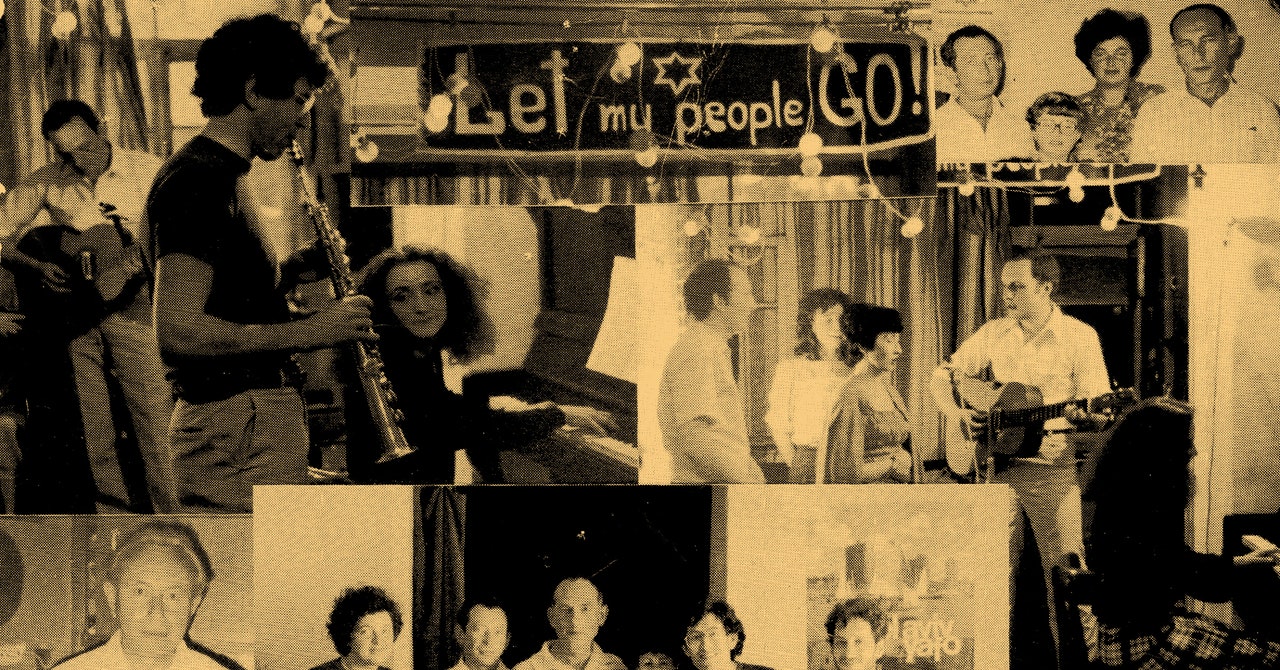Although one could technically play the coda as music, it would sound less like a melody and more like a cat walking across the keys of a piano.
“I picked a note to start with and then created the alphabet from there. Once you know that, it ends up being pretty easy to write stuff. I also taught my friends along the way the code,” says Goldberg. “We used it to get people’s addresses and other information we needed to find them. And we coded things while we were there so we could extract some information about people and their efforts to emigrate, and details that we hoped would help other people ask to leave.
The American musicians got their bearings in Moscow before heading to Tbilisi, the capital of Georgia. There and at their next stop in Yerevan, the capital of Armenia, they successfully met members of the Phantom Orchestra, many of whom spoke English, and spent some time getting to know each other, playing music together, and even organizing small, impromptu concerts.
During the eight-day journey, the musicians were constantly followed by Soviet agents and repeatedly stopped for questioning. Goldberg says Phantom Orchestra members, all of whom have faced similar treatment in their daily lives, have given her and her colleagues advice and encouragement. When the Americans expressed concern that their presence endangered the activists, Goldberg says Phantom Orchestra members were adamant about the importance of spending time together. However, she adds that some of the activists were later arrested and even beaten for the interactions.
“On the second night we were playing together and the KGB came and everything was closed. The electricity was off; it was a scary situation,” says Goldberg. “Yet when we play music, no one can take away that feeling of freedom and power. Playing together and connecting with people through music is like nothing else. I was amazed at the power it brought to the people there. Music can be very soothing, but it also conveys a sense of power.”
After their stay in Yerevan, the American musicians planned to go to Riga, the capital of Latvia, and then to Leningrad, now St. Petersburg in Russia. Finally, they had to stop in Paris before returning to the United States. Instead, they were stopped and questioned again. The musicians were supposed to be placed under house arrest in Yerevan, but Goldberg says Armenian officials bristled at the KGB incursion and let them continue their journey. Eventually, however, the musicians were picked up and escorted back to Moscow, where Soviet agents confiscated their passports. Goldberg says the group was driven around Moscow for several hours, perhaps as an intimidation tactic, before they were finally allowed to stay together in a dormitory guarded by young Soviet men with machine guns.




